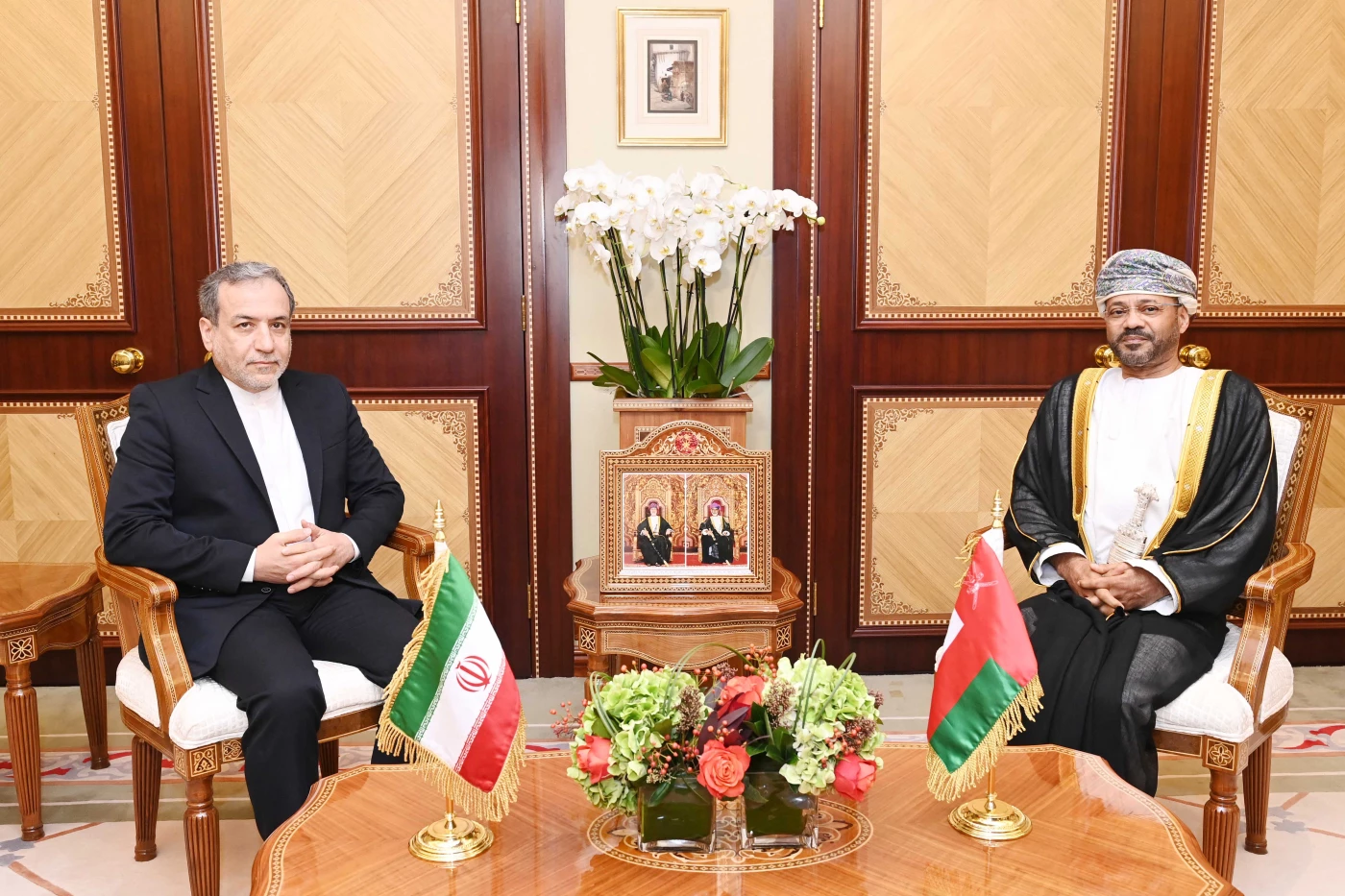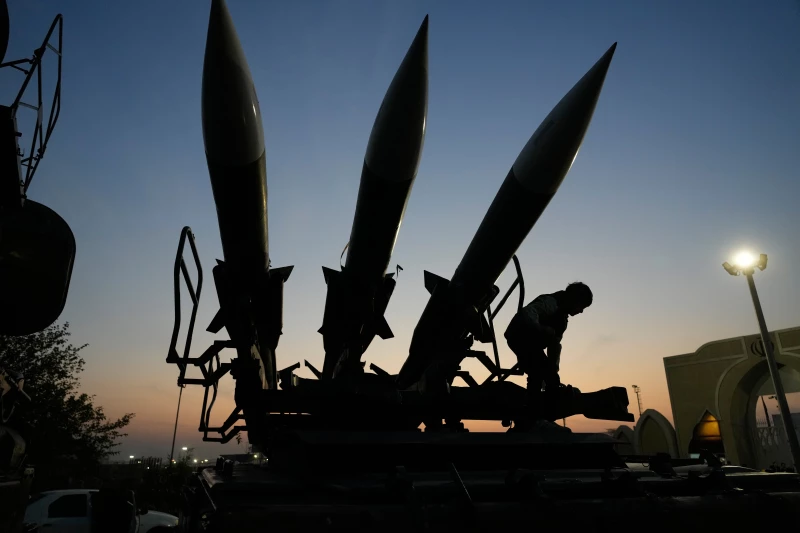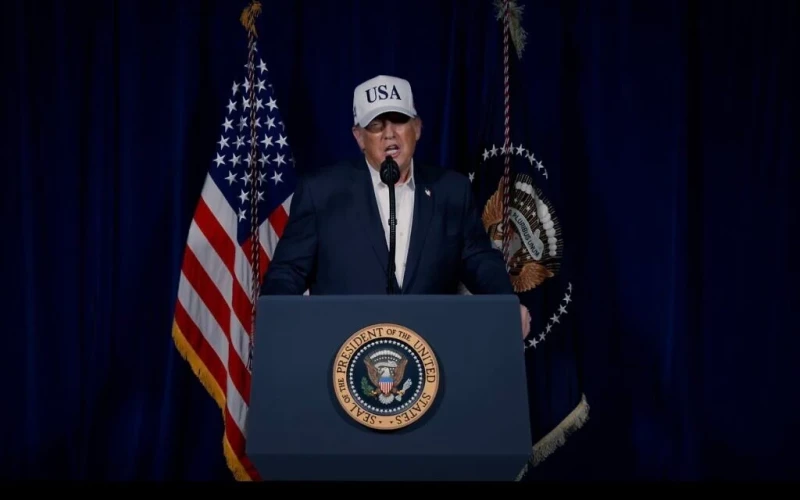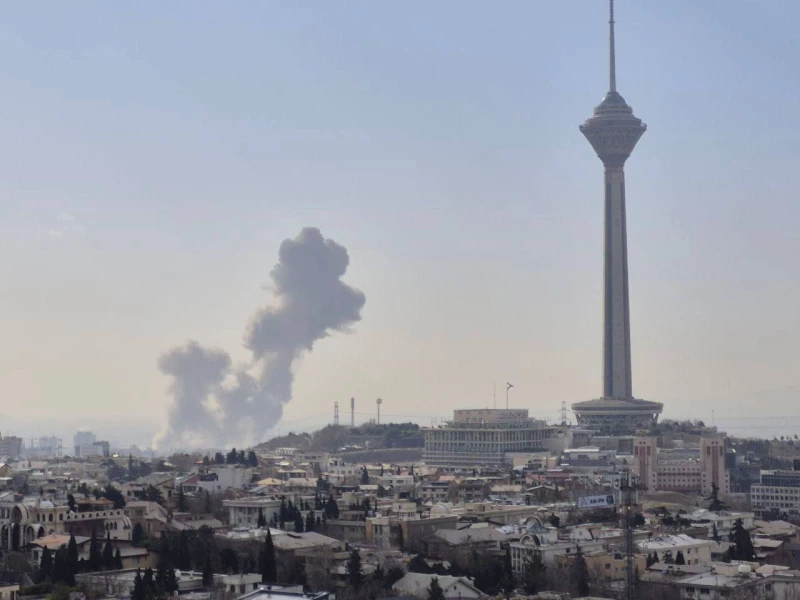ERBIL, Kurdistan Region of Iraq - Iranian Foreign Minister Abbas Araghchi on Monday continued his diplomatic regional tour by traveling to Muscat, meeting his Omani counterpart and a senior official of Yemen's Houthi rebels.
Araghchi kicked off his meetings in Muscat by meeting with his Omani counterpart Badr al-Busaidi, discussing regional developments, particularly the ongoing Israeli aggression in Gaza and Lebanon.
“The two ministers stressed the continuation and support of efforts to stop escalation and tension in the region through dialogue and peaceful means and harnessing diplomacy as an essential tool for resolving disputes and conflicts,” read a statement from Oman’s foreign ministry.
The diplomats called for “an immediate halt” to the Israeli aggression and stressed the need for increased efforts to mobilize humanitarian aid to those displaced by the conflict, according to a statement from the Iranian foreign ministry.
Araghchi and Busaidi “also agreed to intensify contacts with other regional and international parties to safeguard stability and security in the region and to prevent the spread of insecurity and war.”
Oman and Iran’s bilateral ties and enhancing cooperation in all areas were also highlighted in the meeting.
While in Muscat, Araghchi also met with Mohammed Abdulsalam, a senior official from Yemen’s Iran-backed Houthi militia and chief negotiator for peace talks over the country’s civil war.
Oman is the latest stop in Araghchi’s regional tour aimed at holding consultations and consolidating Tehran’s diplomatic ties with regional allies amid the Israeli aggression in Gaza and Lebanon and threats of attacking Iran.
The Iranian top diplomat has already visited Lebanon, Syria, Saudi Arabia, Qatar, and Iraq in recent days.
During a press conference in Baghdad on Sunday, Araghchi said that Iran does not seek further escalations in the region but is prepared for war just as it is prepared for peace.
Iran’s Islamic Revolutionary Guards (IRGC) launched around 200 ballistic missiles toward Tel Aviv and several other regions of Israel on October 1. Tehran claimed that ninety percent of the missiles hit their targets, while Israel and the US said that most of the projectiles were intercepted.
Israeli top officials warned Iran to expect “severe consequences” following the attack.



 Facebook
Facebook
 LinkedIn
LinkedIn
 Telegram
Telegram
 X
X


